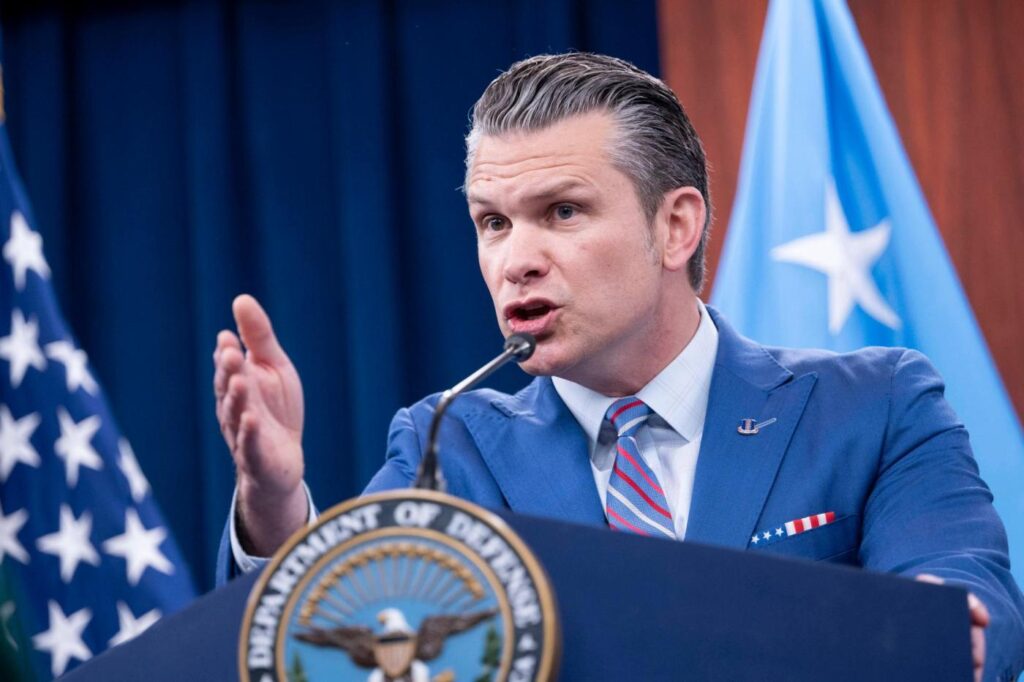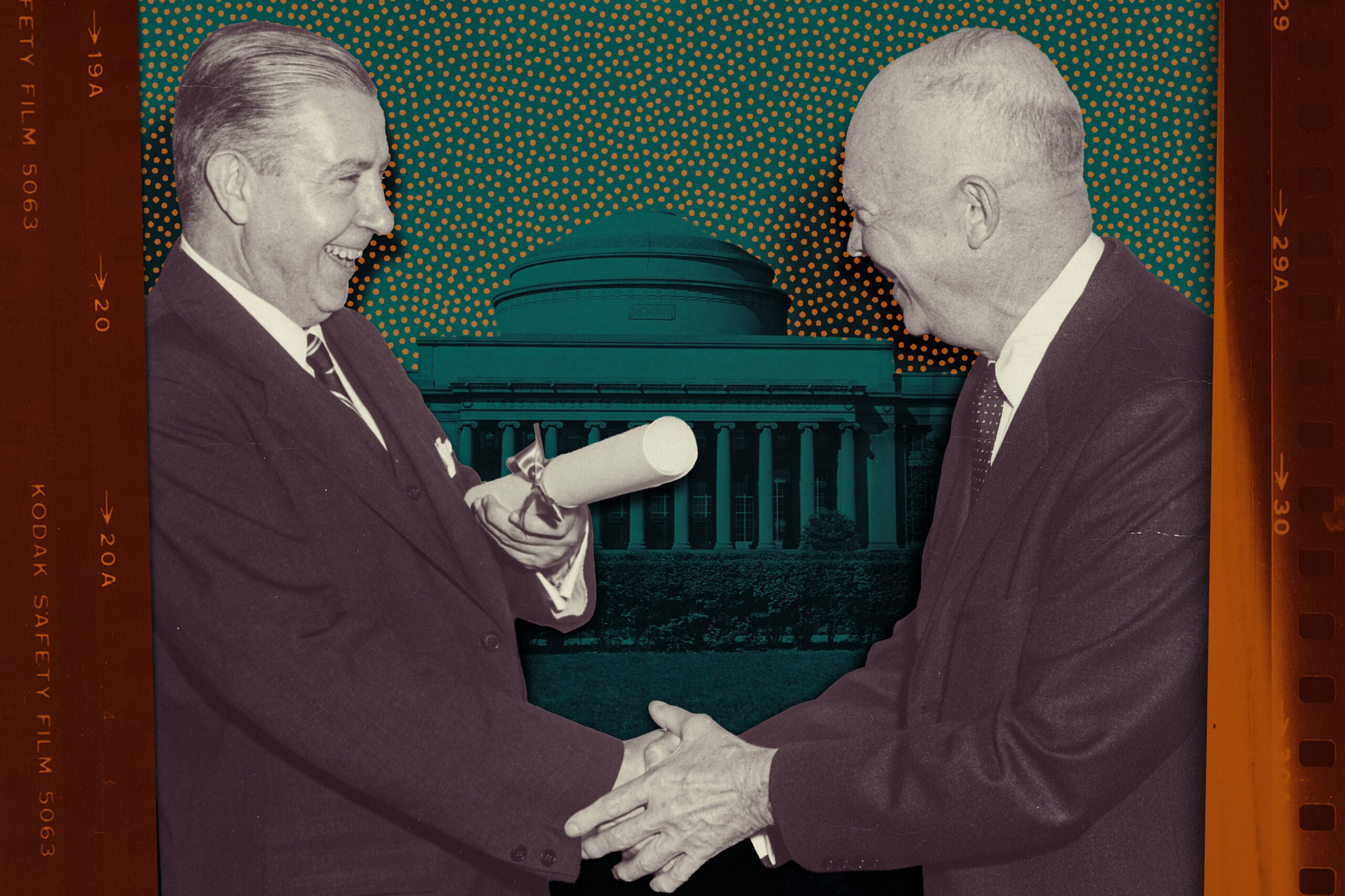
The Pentagon has announced that it will impose new restrictions on press access to its headquarters, requiring journalists to seek approval before publishing certain types of information. This decision stems from concerns over the disclosure of classified national security information and what the Pentagon refers to as “controlled unclassified information.”
According to a memorandum issued to accredited media personnel, journalists must submit classified materials for review. This includes information related to security, law enforcement investigations, privacy, and proprietary business interests, as outlined by an executive order from 2010. Failure to comply could result in journalists being labeled as security risks, which may lead to denied access or revocation of their building passes.
Details of the New Guidelines
Sean Parnell, Chief Pentagon Spokesman, emphasized the necessity of these guidelines, stating, “These are basic, common-sense guidelines to protect sensitive information as well as the protection of national security and the safety of all who work at the Pentagon.” The memo highlights that unauthorized disclosures could jeopardize personnel and national security.
The Pentagon’s authority in this matter is referenced in executive orders from former President Barack Obama. In one such order issued in December 2009, Obama noted that certain information must be kept confidential to safeguard American citizens and democratic institutions. This directive underlines the balance between national security and the public’s right to know.
Reactions from Journalism Organizations
The decision has drawn criticism from the National Press Club, which advocates for the rights of journalists. The organization described the restrictions as a “direct assault on independent journalism at the very place where independent scrutiny matters most: the U.S. military.” They argued that requiring government approval for military news compromises independent reporting, effectively limiting what the public can access.
The club stated, “If the news about our military must first be approved by the government, then the public is no longer getting independent reporting. It is getting only what officials want them to see.” They further emphasized the critical role of independent reporting in democracy, asserting that it allows citizens to hold leaders accountable.
Defense Secretary Pete Hegseth, who previously worked as a media personality at Fox News, publicly supported the new measures. Hegseth commented on the platform X, stating, “The ‘press’ does not run the Pentagon — the people do. The press is no longer allowed to roam the halls of a secure facility. Wear a badge and follow the rules — or go home.”
The implementation of these guidelines raises significant questions about the future of press freedoms and the transparency of military operations. As the Pentagon reinforces its protocols, the balance between national security and the public’s right to information remains a contentious issue.







